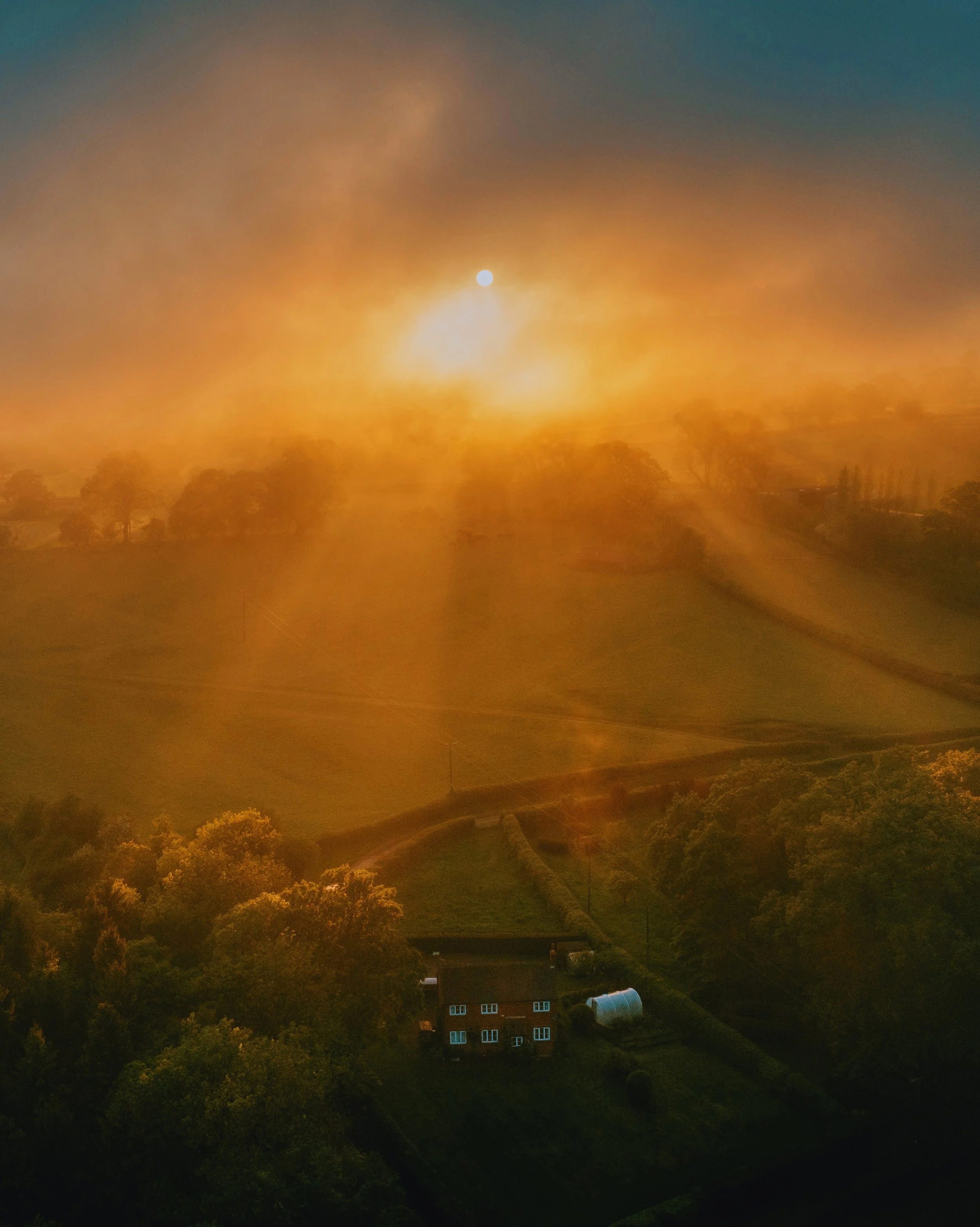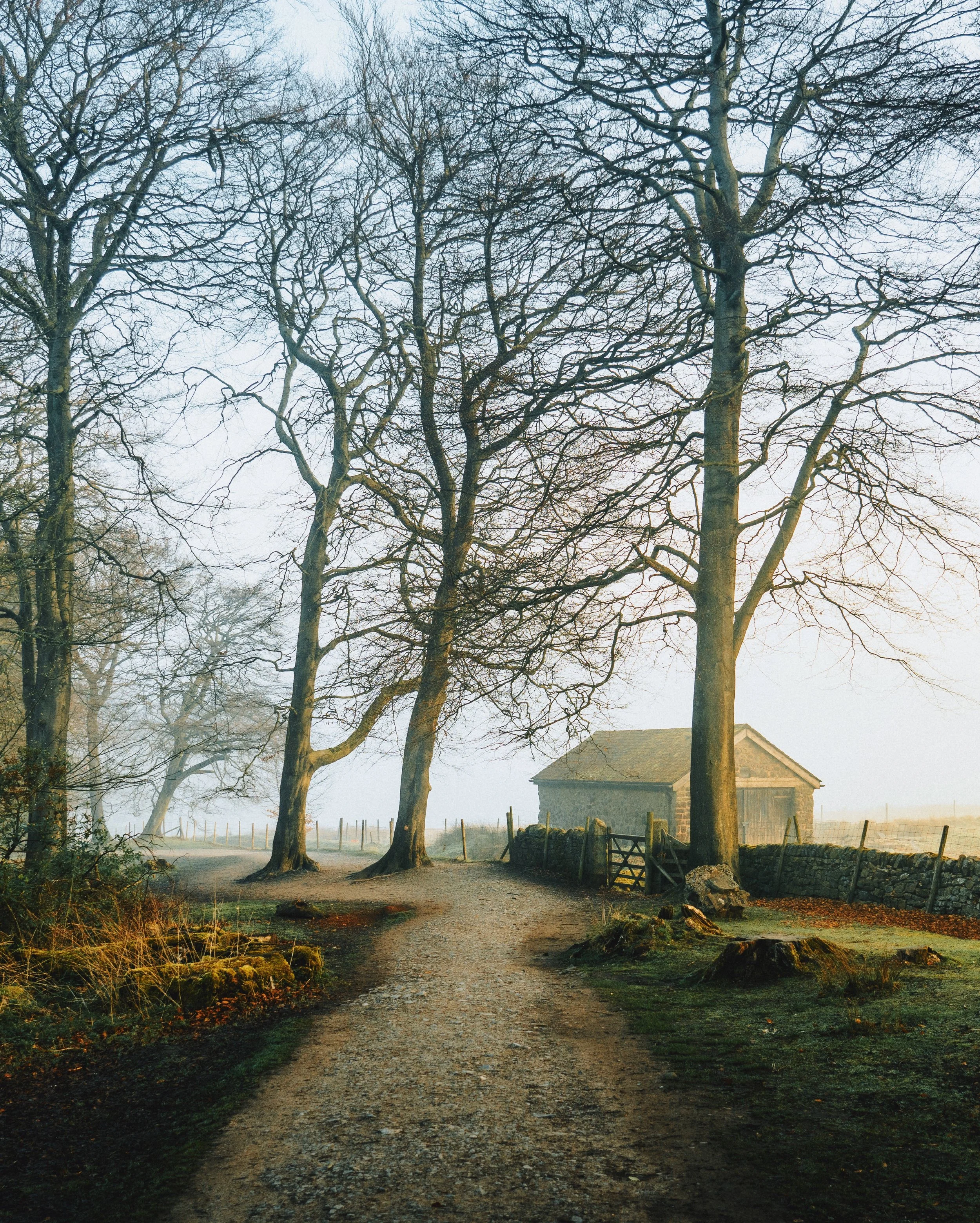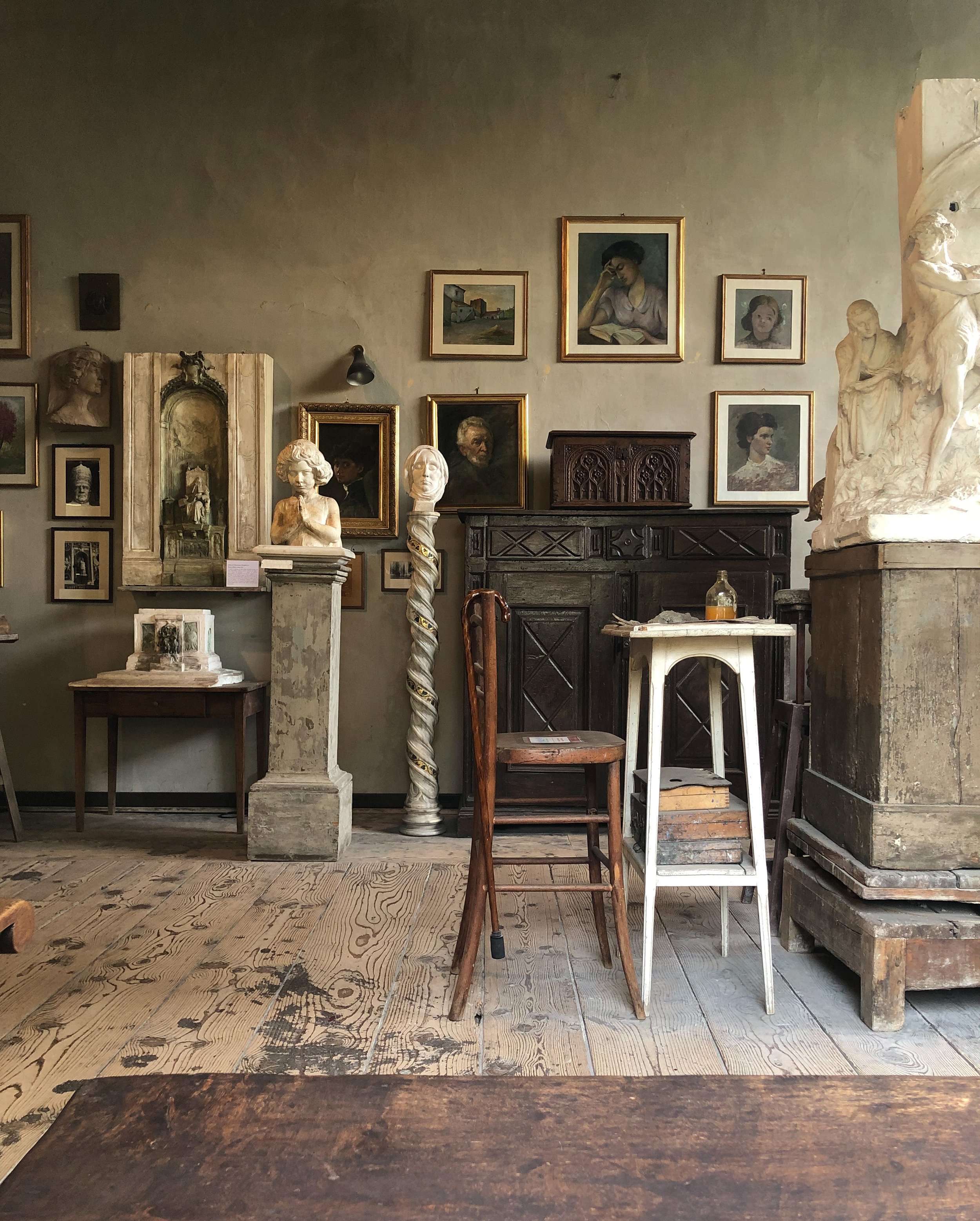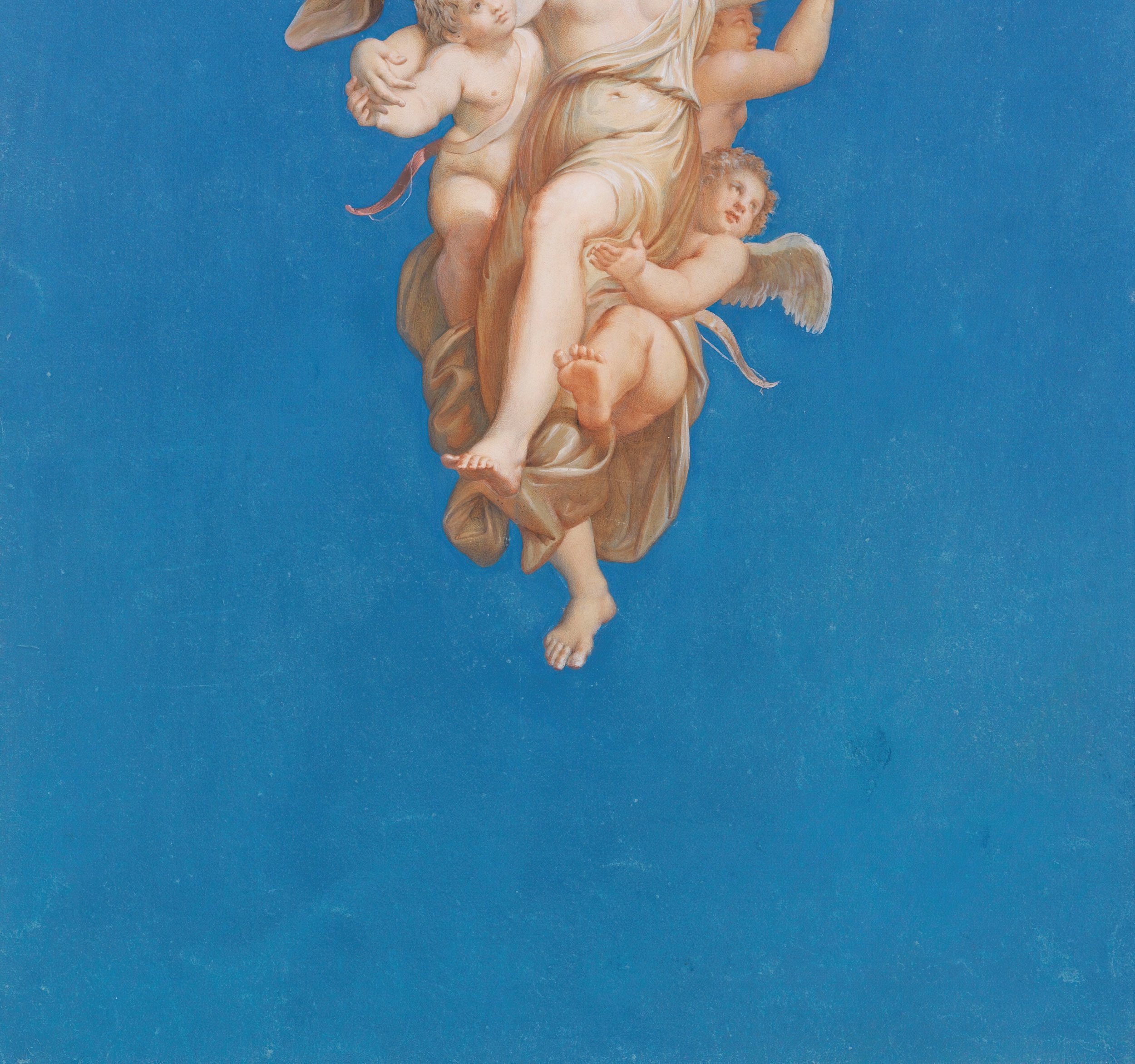On Hermeneutics and Poetry

On Hermeneutics and Poetry
Jonathan Chan
On Developing a Poetic Hermeneutic as a Cambridge Student
It was as an undergraduate, while a member of the Christian Union of the University of Cambridge, that I first realized there might be an intrinsic connection between poetry and faith. Before that, the two had remained largely separate in my mind—I could appreciate Langston Hughes and Jack Kerouac, and delve into a Bible study with rigor. The notion that poetry could have a devotional orientation was still inchoate within me.
Those of us who were English literature students would often gather within the Christian Union, bringing our experiences of feeling misunderstood as the few Christians in the faculty. Our shared faith meant that we were usually the first to pick up on biblical references during supervisions, or better equipped to understand the psychological and even epistemic states of some of the writers we read: Milton in his blindness, Donne in his sickness, Julian of Norwich in her ecstasy. Other writers we knew to be Christians become touchpoints in our conversations—Gerard Manley Hopkins, George Herbert, R. S. Thomas, Shūsaku Endō. Their works provided a feeling of kinship, affirming that there were writers who expressed struggles over faith and doubt in their art. Reading poetry provided a generative space for contemplation and discussion, ambiguity and indeterminacy.
The group, however, did fall prey to the truisms of “loving God through loving literature”—we listened to talks held to think about Christian theories of reading or discussed theoretical moves grounded in Christian convictions. Looking back, it’s clear that the notion that poetry had to be read through a lens of faith meant that poetry itself was instrumentalized, valuable only to the extent that it could be regarded as edifying. Never mind the fact that in scripture, as Robert Alter has argued, poetry was often chosen as a form to convey prophecies or express the voice of God because of its ability to conjure a sense of mystery through parallelisms.
*
While in England, I witnessed attempts to integrate poetry into church services, sometimes as a prophetic truth-telling, other times to break monotony. Upon my return to Singapore, where poetry is not held in particularly high regard, the language of instrumentalization became sharper yet again. While conducting interviews for Harvest & Wine, a journal for Christians in the arts, it became clear that whether one was a sculptor or a poet or a filmmaker or a visual artist, the work was only ever seen as valuable if it was explicit in its evangelism. To read a poem only for its potential edification of the Christian self, or to offer a poem to another as a way of pushing forth the possibility of recognizing the Gospel, seemed to narrow the possibilities of poetry in and of itself.
This is not to say that faith has no place in the reading and writing of poetry. It is surely valuable to understand the spiritual or religious context in which a poet was raised to understand the metaphysics, the architectonics of their work. However, it is also vital not to allow faith to overdetermine how one reads a poem—glimmers of a sacramentality or religious iconography where there really is none. I learned this when I tried to link R. S. Thomas and Derek Walcott within a common fold of Christian spirituality for a dissertation. I was refuted on the claim that Walcott clung to any recognizably “Christian” definition of the transcendent. His was more oceanic and beatific than pietistic and liturgical. It was not enough for me to pick up on references to biblical narratives to try and make a case for religiosity in a certain tradition—nor, really, was it a particularly fruitful exercise.
*
The reading of poetry is a necessarily hermeneutic act—few other literary genres possess such a pronounced sense of contrivance and craft. This contrivance is most noticeable at the level of the line, whether it is enjambed or metrical, rhyming or loose, and it is here where poetry most firmly differentiates itself from its counterparts. This attention to craft can mask the moment of faith from which a poem often germinates. However, one does not read a poem in order to make a judgment that a poet believes in that which they have written. Nor should one read a poem as an exercise in determining a set of beliefs, whether religious or political. To do so is to withhold from the poet the dignity of complexity, the ways in which poems can open up new vistas of thought in the imagination, whether that leads one to contemplate the transcendent or the immanent, the abstract or the concrete, the chronological or the kairological. Sometimes a poem is straightforward, other times it is mystical and mysterious, lending itself to or resisting interpretation, whether within a recognizably “Christian” framework or not.
A poet I see as taking on a mystical position is A. R. Ammons’s. The critic Daniel Hoffman has remarked that Ammons’s poetry “is founded on an implied Emersonian division of experience into Nature and the Soul.” The idea of Ralph Waldo Emerson’s pure, unadulterated perception of nature is present in Ammons’s poem “The City Limits” (1986), which an acquaintance has described as an “atheist hymn.” Yet, this imputed reading feels like a disservice to Ammons’s depiction of the generous, all-encompassing nature of “radiance.” As he writes:
When you consider the radiance, that it does not withhold
itself but pours its abundance without selection into every
nook and cranny not overhung or hidden
[…]
the heart moves roomier, the man stands and looks about, the
leaf does not increase itself above the grass, and the dark
work of the deepest cells is of a tune with May bushes
and fear lit by the breadth of such calmly turns to praise.
There is a clear sense of the numinous at work here—the sense of mysticism woven through the poem, of the interconnections within the touch of this radiance, revealing a beneficence without invoking a specific deity. To Ammons, this light touches “air or vacuum, snow or shale, squid or wolf, rose or lichen” without prejudice. It is enough to create a change within the speaker’s “heart,” a radical act of cosmological flattening as “the / leaf does not increase itself above the grass,” and cosmological concordance where “the dark / work of the deepest cells is of a tune with May bushes.” There is something of the mystery of faith in this poem, one that does not aim to identify specific religious categorizations.
If a mystical orientation in poetry can feel depersonalized, turning to poems that examine faith as generationally transmitted may be helpful. In particular, the poems of Li-Young Lee and Boey Kim Cheng provide examples of how faith lingers through familial memories. This is salient, given that both poets are of Chinese heritage, though Lee is American and Boey is Singaporean Australian. Filial piety remains an embedded moral instinct for many in the Chinese diaspora. Lee’s poetic self is best understood biographically—his father served as personal physician to Mao Zedong, his family moved to Indonesia then fled owing to Sinophobic sentiment, then they arrived in the United States after interludes in Hong Kong and Japan. After settling in Pennsylvania, Lee’s father went to seminary, eventually becoming a Presbyterian minister. It is through the elder Lee, a mythic figure in Lee’s poetry, that faith emerges as something inherited and contradictory; in “Mnemonic” (1986), the younger Lee writes:
A serious man who devised complex systems of numbers and rhymes
to aid him in remembering, a man who forgot nothing, my father
would be ashamed of me.
Not because I’m forgetful,
but because there is no order
to my memory, a heap
of details, uncatalogued, illogical.
For instance:
God was lonely. So he made me.
My father loved me. So he spanked me.
It hurt him to do so. He did it daily.
The speaker recalls a father whose memory is precise and systematic; the speaker is utterly incapable of replicating his father’s rationality. The syllogisms that follow indicate the illogic of his memory—“God was lonely. / So he made me.”, “My father loved me. / So he spanked me.” Their parallel structure intuits a link between the speaker’s father and God, united in the contortions necessary to understand love as creation and as violence; love as discipline and as confusion. Faith thrums beneath generational difference, an expression between discipline and disorder. There is a confluence of the Confucian ideals of punishment and the distorted biblical view of how the person “who spares the rod hates his son,” as stated in Proverbs 13:24. Faith is not pristine, for it is tarred by a most intimate violence.
For Boey, his speaker’s relationship with faith is problematized in a different way—the poem “Clear Brightness” (2016) introduces a speaker for whom a generational transmission of faith has ceased. The poem reads:
Now grave news from the living I have left;
the cemeteries are dug up, razed, the dead
expelled, their bones unhoused, ashed
and relocated to columbaria to make
room for progress. No more tomb-sweeping
and picnicking with the dead.
No such unrest for Grandma and Dad
who went straight into the fire.
Anyway they turned Catholic
and have no use for paper money
or earthly feasts.
Boey’s poem proceeds from an encounter with Australian bushfires. The sight of “raining embers” activates a memory of the Qingming festival, a Chinese tradition where families visit the tombs of ancestors, clean their gravesites, make offerings, burn joss sticks and paper, and pray to them. In Singapore, graves were exhumed so cemetery land could be repurposed for public housing. The remains of the dead were cremated, put into urns, and moved into columbaria. Boey brushes this aside with the line, “Anyway they turned Catholic”—many Chinese abandon such ritual practices upon their conversion to Christianity. Boey’s speaker is lapsed in both faiths, distant spiritually and physically from Chinese folk religion and Catholicism. His poem is not strictly theological but considers the transcendent, the emotive power of memory, as well as living as a migrant, holding tradition, faith, and embodied memory in tension.
The poems discussed so far have held an explicit articulation of faith at a remove. However, when the names of other biblical figures are invoked, one can no longer be so evasive. Lucille Clifton’s “slaveships” (1996) features recognizably Christian names and archetypes, yet she wrestles with their multiple meanings and connotations. Clifton’s “slaveships” proceeds from the cruel irony of such names being given to the eponymous ships:
Jesus
why do you not protect us
chained to the heart of the Angel
where the prayers we never tell
and hot and red
as our bloody ankles
Jesus
Angel
can these be men
who vomit us out from ships
called Jesus Angel Grace of God
onto a heathen country
The invocation of the names “Jesus,” “Angel,” and “Grace of God,” hollows out each of their meanings, both through repetition and their juxtaposition against dehumanisation. The reference to Ezekiel in “can this tongue speak / can these bones walk” has a prophetic, salvific dimension, as does the visual allusion of Jonah spit up by the whale with the slaves “[vomited]” out from ships. Clifton displays a hostility toward the hypocrisy of Christianity as weaponized in the slave trade, but not necessarily Christianity itself. To Clifton, these names of God are rendered in the fullness of their contradictions, an act that need not be regarded as either pious nor faithless.
*
Perhaps where it is most relevant to think of the place of faith in reading a poem is when it feels inherent to the action of the poem itself. This sort of faith does not need be expressed merely through Christian verbiage, but may be read as an everyday persistence. It is this expression of faith that has most moved me in such poems as Spencer Reece’s “ICU” (2010). In “ICU,” the ideas of faith as resilience and as devotion to God are entwined. This is, in large part, a result of Reece’s own dual vocation as poet and priest, yet there is a subtlety to how faith operates in his writing. It is not as ebullient as Hopkins, nor as explicit as Herbert. It postures toward the mystical, is lucidly aware of its own limits, and finds itself present amid fraught circumstances. The poem is grounded in Reece’s experience in hospital chaplaincy.
While its beginning sets up an expectation that the poem will deal with violence wrought upon Black bodies as seen from an ICU, the poem turns instead to a neonatal ICU. Reece approaches this with delicacy, illustrating the fragility of each child in the unit. The speaker notes:
A Sunday of themselves, their tissue purpled,
their eyelids the film on old water in a well
their faces resigned in their see-through attics,
their skin mottled mildewed wallpaper,
It is correct to love even at the wrong time.
There is an existential precarity conveyed through the discoloration and thinness of the skin, translucent and fragile. The rejoinder, that “It is correct to love even at the wrong time,” reads not with a moralistic smugness about a chaplain’s role, nor as an exercise in self-justification. It seems a statement of conviction, of the necessity that love should persist even amid great fear and potential despair. Yet, while Reece could have ended the poem in this way, he continues, offering agency to the infants who “eyed me,” the chaplain doing rounds. The infants are likened to “Orpheus in his dark hallway,” who says: “I knew I would find you. I knew I would lose you.” The ambiguity and italicization of these lines are chilling. Is the chaplain the Eurydice to the infants’ Orpheus? Have they already entered a kind of afterlife, a form of Hades? Is the chaplain drawn into this liminal purgatory that the infants fighting for their lives already inhabit? The poem advances from the quotidian and routine to the precarity of infant life, elevated through myth. The lines conjure the sense that faith persists and operates even in the face of the painfully unknowable.
When Reece came to speak at a class in which I was enrolled, I felt a great kinship with him, not only through the poems that he read but also his admission that he’s not always conscious of what goes into his writing of a poem. There was a great humility in admitting this. It is something I often feel when I write my own poems too. Unless the conceit of a poem I work with is explicitly pietistic—about prayer or fruits of the spirit or something else that could be glossed as devotional—the poem emerges out of some festering of thought or feeling: a moral, mental, emotional, or psychological discomfort. Often these discomforts are tied to particular intuitions that stem from my faith.
Yet, I have come to the slow realization that while I would be thankful if someone made their way to God through a poem of mine, what has become more important to me is writing with a kind of integrity, or a kind of truthfulness, writing with an honesty that is self-aware and not evasive. Faith itself is only as expansive as our own perceptions—to share something of it in the reading and writing of poetry is difficult, vital, and not always to be presumed.
Jonathan Chan
Poet & Author
Jonathan is the author of going home (Landmark Books), and has been published in Quarterly Literary Review Singapore and The Plentitudes.
Photography by Daniel Casson





